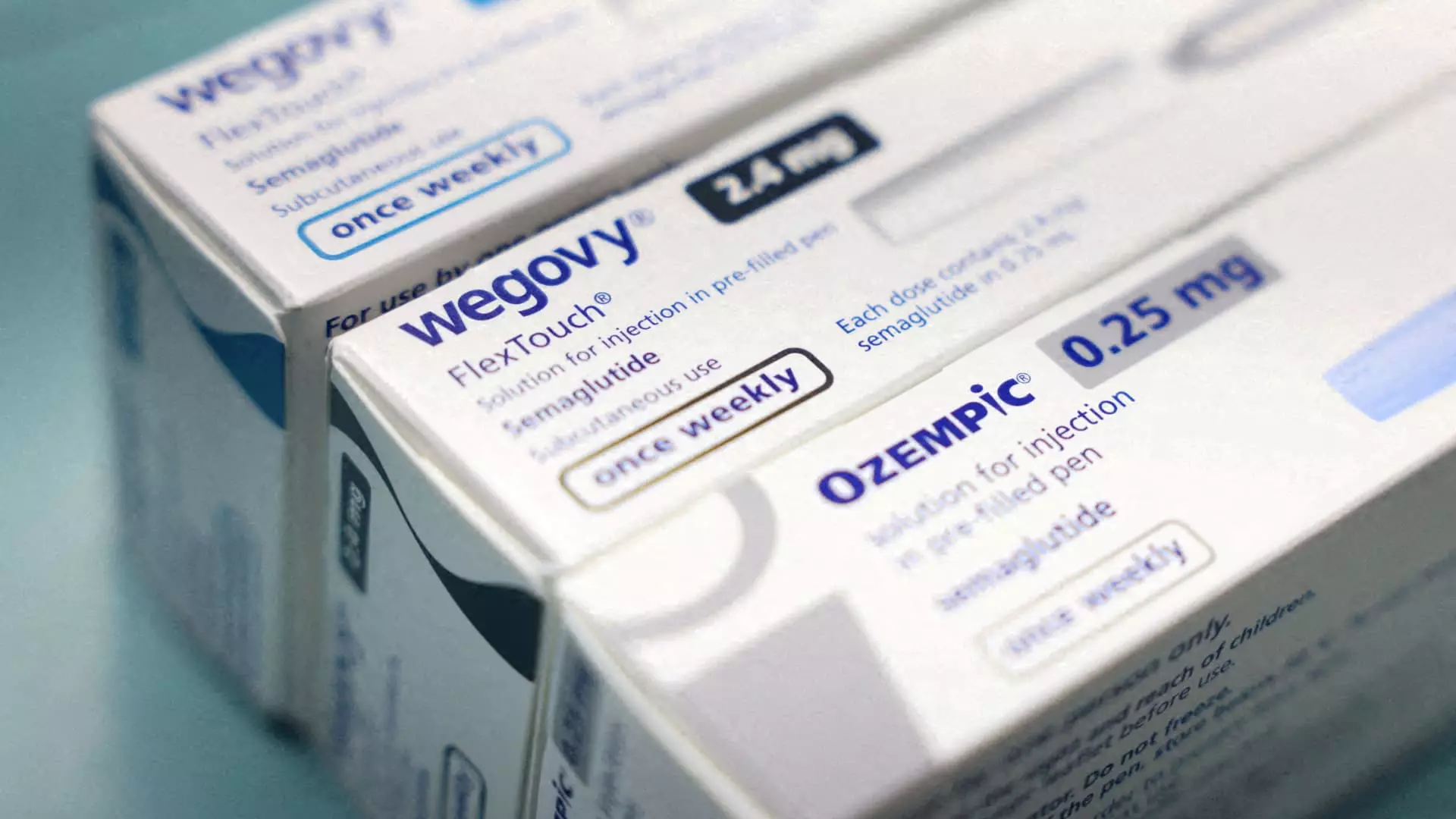The U.S. healthcare landscape is evolving, particularly in the realm of weight loss and diabetes management. Following a prolonged shortage of Novo Nordisk’s leading injectable medications, Wegovy and Ozempic, the U.S. Food and Drug Administration (FDA) has announced that the supply issues are resolved. This news could drastically reshape how these medications are accessed and utilized by patients across the country, highlighting the ongoing challenges within pharmaceutical supply chains, as well as the implications for patients and compounding pharmacies.
For over two years, the demand for Novo Nordisk’s medications significantly outpaced supply, leading to dire consequences for individuals relying on these critical treatments. The FDA’s announcement signifies a turning point, as they have verified that Novo Nordisk has bolstered its manufacturing capabilities to sufficiently meet both current needs and future projections. Patients have often turned to the unverified alternatives created by compounding pharmacies when faced with the unavailability of FDA-approved drugs. However, the FDA’s recent ruling will inhibit these pharmacies from producing cheaper, compounded versions, introducing a new layer of complexities for patients who have relied on these alternatives.
With Novo Nordisk’s stock witnessing a notable rise following the FDA’s confirmation, it signals investor confidence in the company’s enhanced manufacturing processes and ability to meet market demands. However, this must be balanced with the fact that many patients will likely struggle in the interim, as pharmacies may continue to experience localized disruptions in supply as medication is distributed.
The ability of compounding pharmacies to provide alternatives has been a double-edged sword in this scenario. While these establishments have offered a lifeline to patients left in the lurch by drug shortages, the FDA’s decision means that compounding pharmacies must halt the production of semaglutide formulations within the next 60 to 90 days. The discontinuation of these compounded medications opens a Pandora’s box of challenges for patients who may not have ready access to FDA-approved products due to cost, coverage, or availability issues.
The fallout is significant for companies like Hims & Hers, whose stock saw a sharp decline of over 25%. As the market shifts back to focusing on FDA-approved treatments, it raises questions about the future of telehealth companies that offered compounded alternatives in an era of shortage. Patients will need to tread cautiously, weighing the risks of using less regulated compounds against the assurance offered by FDA-approved products, even if they come at a higher price.
Novo Nordisk’s hurdle was not just a matter of supply but also competition. Eli Lilly’s similar products like Mounjaro and Zepbound also experienced shortages, leading the FDA to declare them resolved only months prior. The pharmaceutical landscape for weight management and diabetes treatments is burgeoning, with some analysts predicting a market worth over $150 billion annually by 2030. As key players like Novo Nordisk and Eli Lilly ramp up their manufacturing, the competitive rivalry is set to fuel innovations that could transform treatment outcomes for millions.
The FDA’s recent decision could position Novo Nordisk to regain its footing and fortify its dominance in this lucrative market. However, the implications extend beyond revenue; the high stakes of ensuring that patients have access to legitimate, safe medications cannot be overstated. The issue of misinformation surrounding unapproved drugs threatens patient safety—particularly concerning the allure of cheaper alternatives.
With the return to full production of FDA-approved semaglutide products, ongoing patient access remains a pressing concern. Although Ozempic has coverage from most health insurance plans, Wegovy is not universally included, making medication affordability a critical issue for many individuals battling obesity or diabetes. The need for comprehensive insurance coverage for effective weight-loss medications requires urgent attention from policymakers, especially as societal health trends increasingly point toward obesity as a major public health challenge.
While the FDA’s resolution to the supply shortage presents a welcome development for Novo Nordisk and its patients, it also marks the beginning of a new phase filled with challenges. The equilibrium between ensuring patient safety, access to effective medications, and fostering a competitive market environment will necessitate collaborative efforts from healthcare providers, lawmakers, and pharmaceutical entities. Achieving these goals is essential to safeguard health outcomes and enhance quality of life for countless individuals managing their weight and diabetes in a changing healthcare landscape.


Leave a Reply